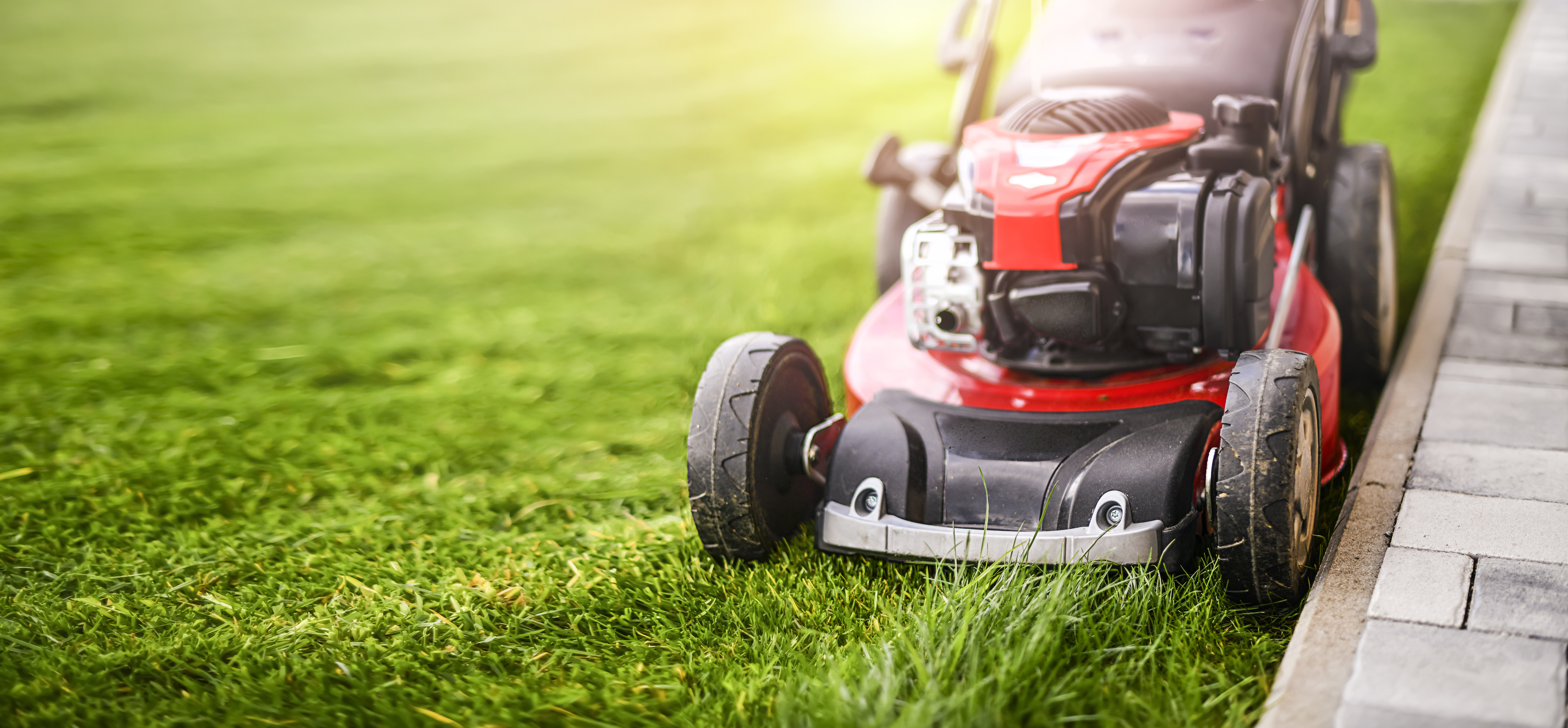
Tips and Reminders for Spring
DEED RESTRICTIONS
-
Mowing and edging your lawn regularly.
- Weeding flowerbeds and maintaining shrubs.
- Trimming your trees. Dead palm trees and fronds should be removed. Other tree branches should be trimmed to no lower than 8 feet above the ground.
- Pressure washing your driveway, walkway, and sidewalks as needed.
- Removing weeds growing in expansion joints of driveway and sidewalks.
- Repairing sidewalks that have shifted becoming tripping hazards. Homeowners are responsible for maintaining their sidewalks!
- Cleaning home’s siding of unsightly mildew.
- Maintaining your fence by replacing broken pickets.
- Placing your trash & recycling receptacles out of sight. Do not leave them on the street or driveway.
These deed restrictions apply to you whether you own or are renting your home. Please coordinate responsibilities with your landlord if you are renting. It is important to know whose responsibility these maintenance issues are when renting a home.
Do you live on the lake or golf course?
Please remember to maintain your lawns and fences. Many of the metal fences need sanding, repainting, and repair. Avoid those annoying letters from the management company nagging you to maintain these fences. And, of course, your wood fences need to be in good condition as well.
EXTERIOR HOME MODIFICATIONS
If you are repainting your home, adding a patio cover, or any other major upgrade to your home, request approval from the property manager FIRST by completing an ACC form. This and other forms are found on the Lakeside Residential website under For Residents > Online Forms. Note that required fees are charged based on the improvement type. Fees range from $25 (irrigation) to $1,000 (swimming pool-refundable).
No Application needed for these items:
-
Required or routine maintenance to your home or property that will not change the current appearance (example: roof replacement, repainting home the same color, etc.) will not require an application.
- Fence replacement in the original location, professionally erected, height not exceeding 6ft tall with standard wood picket material. Only a clear coat weather protectant stain is acceptable.
- Driveway extensions that are constructed of concrete and within the width of the garage footprint.
- General yard art decorations (maximum of 2 items). Objects should not obstruct sight lines of surrounding properties.
- Backyard bird houses on a pole cannot exceed 14ft tall.
- Outdoor furniture (maximum of 1 item) must be within 3 ft of the home and made of concrete or wrought iron materials.
- Landscaping: No artificial plant materials.
- Seasonal & holiday decorations of a temporary nature.
- Satellite dishes that are placed on the rear of the home out of street view.
- Storm doors that are trimmed with a color that is harmonious to the current exterior paint color.
- Exterior painting of the original color.
- Roof replacement: must be like the current roof on the home. Nothing less than a 25year warranty is acceptable.
All modifications outside of the community standards listed here will require an application along with ARC fee. Pool submissions require the ARC fee and a refundable deposit fee of $1000. Please note; only in-ground pools will be acceptable within the community, if applicable.
You can submit questions to customercare@inframark.com for additionally exterior modifications that may not be listed above or may require the ARC fee with submission. If you want check out our guidelines posted on Townsquare.
READY FOR YARD WORK?
Winter has bid us farewell and now it’s time to get our lawns and beds ready for the growing season. Here is some information from safer.com.
-
A lawn measuring 50 x 50 ft releases enough oxygen for a family of 4.
-
Healthy lawns prevent runoff and absorb rainfall effectively.
-
Turfgrass helps prevent pollution by trapping dust and dirt particles. Each year, grass traps around 12 million tons of dust and dirt released into the US atmosphere.
-
Front lawns of 8 average-sized houses have a cooling effect equivalent to 70 tons of air conditioning.
-
A healthy lawn absorbs noise and reduces glare.
MOWING BASICS
Leave a light covering of cut grass on your lawn instead of bagging it. As the cut grass decays, it gives essential nutrients back to the soil for roots to use.
Mow early in the morning or in the evening to help your lawn combat the shock of the heat. Mowing when the sun is high in the sky can cause dehydration and raise water bills. Plans typically cannot absorb the water faster than it evaporates so they do not receive all the water you used.
Mow dry grass to help decrease the chance of fungi spreading into the freshly cut blades.
Keep mower blades sharp. Dull blades can tear grass which makes it easier for fungi, disease, and insects to invade and cause major damage.
Set mower blades high. By setting your mower on the highest or next highest level you can help fight the spread of weeds and disease. As a rule, generally mow about 1/3 off the total length of your grass.
Consider changing to organic fertilizer instead of chemical fertilizer. Chemical fertilizers treat the plant, not the soil in which they grow, and can actually strip the soil of important nutrients. They are harmful to pets and create toxic runoff.



